Cost of Hair Restoration in Thailand
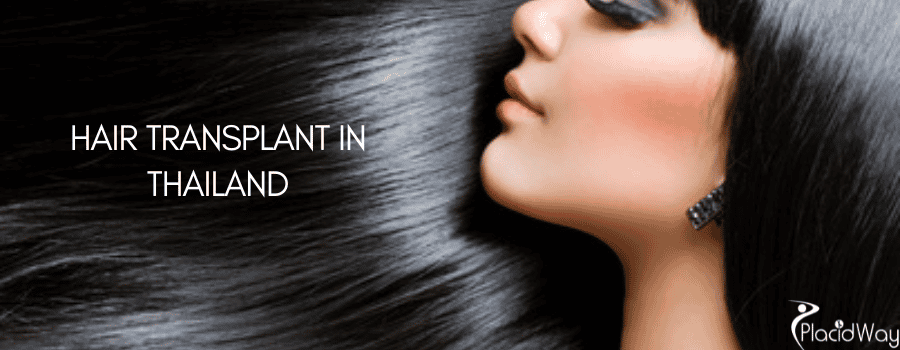
Hair loss can be a significant concern, affecting self-confidence and appearance. For those looking to regain a fuller head of hair, Thailand has emerged as one of the leading destinations for hair transplants. With advanced technology, experienced surgeons, and a reputation for affordability, Thailand is the go-to spot for those seeking high-quality hair restoration treatments. This guide dives deep into hair transplant costs in Thailand, what to expect, and why it’s a preferred choice globally.
What Is a Hair Transplant?
A hair transplant is a surgical procedure that moves hair follicles from one part of the body, called the donor site, to areas experiencing thinning or baldness, known as the recipient site. It is most commonly used to treat male pattern baldness but is also popular for restoring eyebrows, eyelashes, beards, and chest hair.
Common Hair Transplant Techniques:
-
Follicular Unit Extraction (FUE):
- Involves extracting individual hair follicles using a micro-punch tool.
- Minimally invasive with minimal scarring and faster recovery.
- The most popular choice due to its natural results.
-
Follicular Unit Transplantation (FUT):
- Involves removing a strip of scalp from the donor area and transplanting hair in smaller units.
- May leave a linear scar but offers excellent results for larger transplants.
-
Direct Hair Implantation (DHI):
- A modified FUE technique where a Choi pen is used for precise implantation.
- Provides natural results with control over angle, depth, and direction of hair growth.
Why Choose Thailand for a Hair Transplant?
Thailand has positioned itself as a medical tourism hub, offering exceptional healthcare services at a fraction of the cost found in Western countries. Here’s why thousands of patients opt for hair transplant surgery in Thailand each year:
-
Affordable Costs:
Hair transplants in Thailand cost significantly less than in countries like the U.S., UK, or Australia. On average, you can save 60%–80% compared to prices in Western nations. -
World-Class Medical Facilities:
Many clinics in Thailand are accredited and equipped with advanced technologies, offering the latest in hair restoration techniques. -
Experienced Surgeons:
Thai surgeons often have extensive experience and training, including certifications from international institutions. -
Comprehensive Packages:
Clinics in Thailand frequently provide all-inclusive packages that cover the procedure, accommodation, airport transfers, and aftercare. -
Relaxing Recovery Environment:
Combine your treatment with a relaxing vacation in Thailand’s serene beaches and cultural destinations.
How Much Does a Hair Transplant Cost in Thailand?
The cost of a hair transplant in Thailand is influenced by several factors, such as the technique used, the clinic’s reputation, and the number of grafts required.
Average Costs in Thailand:
| Procedure | Price Range (USD) |
|---|---|
| FUE Hair Transplant | $3,000 – $6,000 |
| FUT Hair Transplant | $2,500 – $5,500 |
| DHI Hair Transplant | $3,500 – $7,000 |
Cost Per Graft:
Hair transplant costs in Thailand typically range from $1.50 to $3.50 per graft, depending on the clinic and the number of grafts needed. To compare:
- For 2,000 grafts, the cost would range between $3,000 and $7,000.
- In the U.S., this same procedure could cost $12,000 to $30,000.
Factors That Influence Hair Transplant Costs
Several factors determine how much you’ll pay for your hair transplant in Thailand:
-
Number of Grafts Needed:
The extent of your hair loss and the area being treated will determine how many grafts are required, directly impacting the cost. -
Technique Used:
Advanced techniques like DHI, which involve more precision, are often more expensive than FUT or traditional FUE. -
Clinic Reputation:
Well-established clinics with top-tier surgeons and state-of-the-art facilities may charge higher fees. -
All-Inclusive Packages:
Some clinics bundle services like pre-surgery consultations, post-op medications, and accommodations into the price, providing added value.
Benefits of Hair Transplants in Thailand
Opting for a hair transplant in Thailand offers several key advantages:
1. Cost Savings Without Compromising Quality
Patients save significantly compared to Western countries while still receiving high-quality care.
2. Natural-Looking Results
With advanced techniques like FUE and DHI, hair transplants in Thailand ensure seamless, natural-looking hairlines.
3. Minimal Scarring and Downtime
Modern procedures are minimally invasive, leaving tiny or no visible scars and allowing for quick recovery.
4. Combining Treatment and Travel
Many patients take the opportunity to enjoy Thailand’s famous hospitality, beaches, and cultural landmarks while recovering.
.png)
Tips for Choosing the Right Clinic in Thailand
Finding the best clinic for your hair transplant is crucial for a successful outcome. Here are some tips to help you decide:
-
Check Surgeon Credentials:
Verify that the surgeon is board-certified and experienced in the specific technique you want. -
Read Reviews and Testimonials:
Look for patient reviews, before-and-after photos, and clinic ratings to gauge the quality of service. -
Understand the Procedure:
Ask about the technology and techniques the clinic uses and whether they suit your needs. -
Compare Costs and Packages:
Ensure the price includes all necessary services, such as consultations, medications, and follow-up care.
FAQs About Hair Transplants in Thailand
1. How safe is a hair transplant in Thailand?
Hair transplants in Thailand are safe when performed at accredited clinics with experienced surgeons. Clinics often follow international safety protocols.
2. How long does the procedure take?
The duration depends on the number of grafts but typically ranges from 4 to 8 hours for a single session.
3. When will I see the results?
Hair starts growing in 3–4 months, with full results visible after 12–18 months.
4. Is there any downtime after the procedure?
Most patients can resume normal activities within a few days, though strenuous activity should be avoided for at least a week.
5. Are the results permanent?
Yes, hair transplants provide permanent results as the transplanted hair follicles are resistant to the hormone causing hair loss.
6. Can I combine my treatment with a vacation?
Absolutely! Many patients enjoy exploring Thailand’s scenic destinations while recovering.
Ready to Restore Your Confidence? Contact PlacidWay Today!
Hair transplants in Thailand offer an affordable, high-quality solution to hair loss, paired with the added benefit of exploring one of the world’s most beautiful destinations. If you’re ready to take the first step toward restoring your hair and confidence, PlacidWay can connect you with top-rated clinics and experienced surgeons in Thailand.
Contact PlacidWay today to get personalized assistance, detailed cost estimates, and access to trusted hair restoration experts in Thailand. Don’t let hair loss hold you back—start your journey to a fuller head of hair now!


.png)



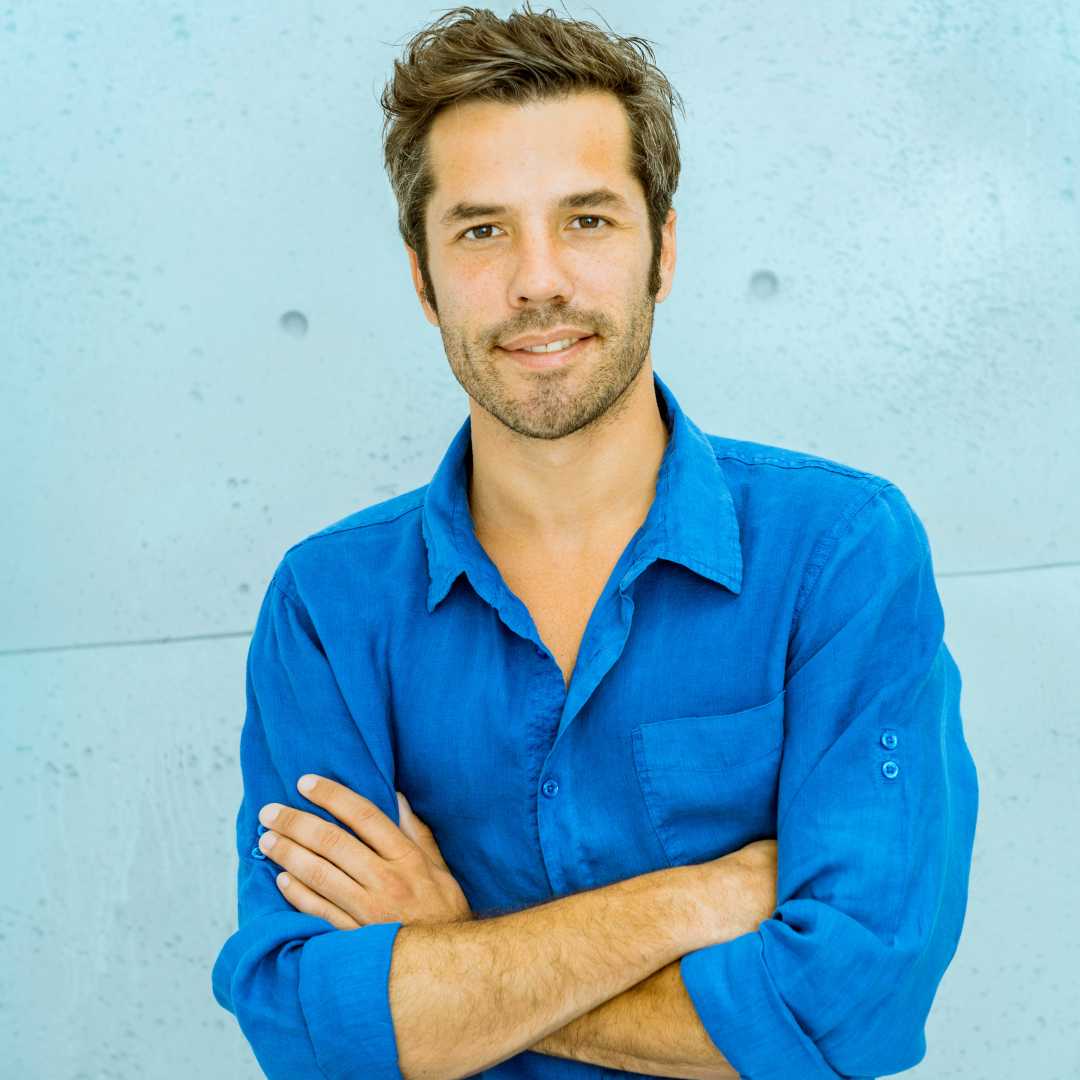




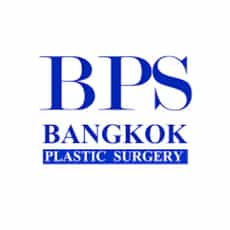

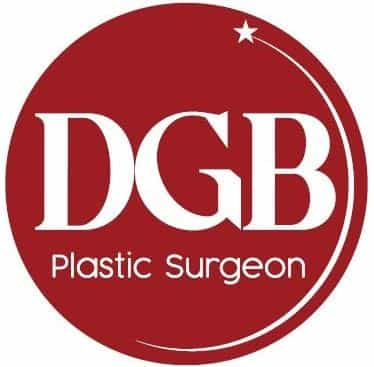
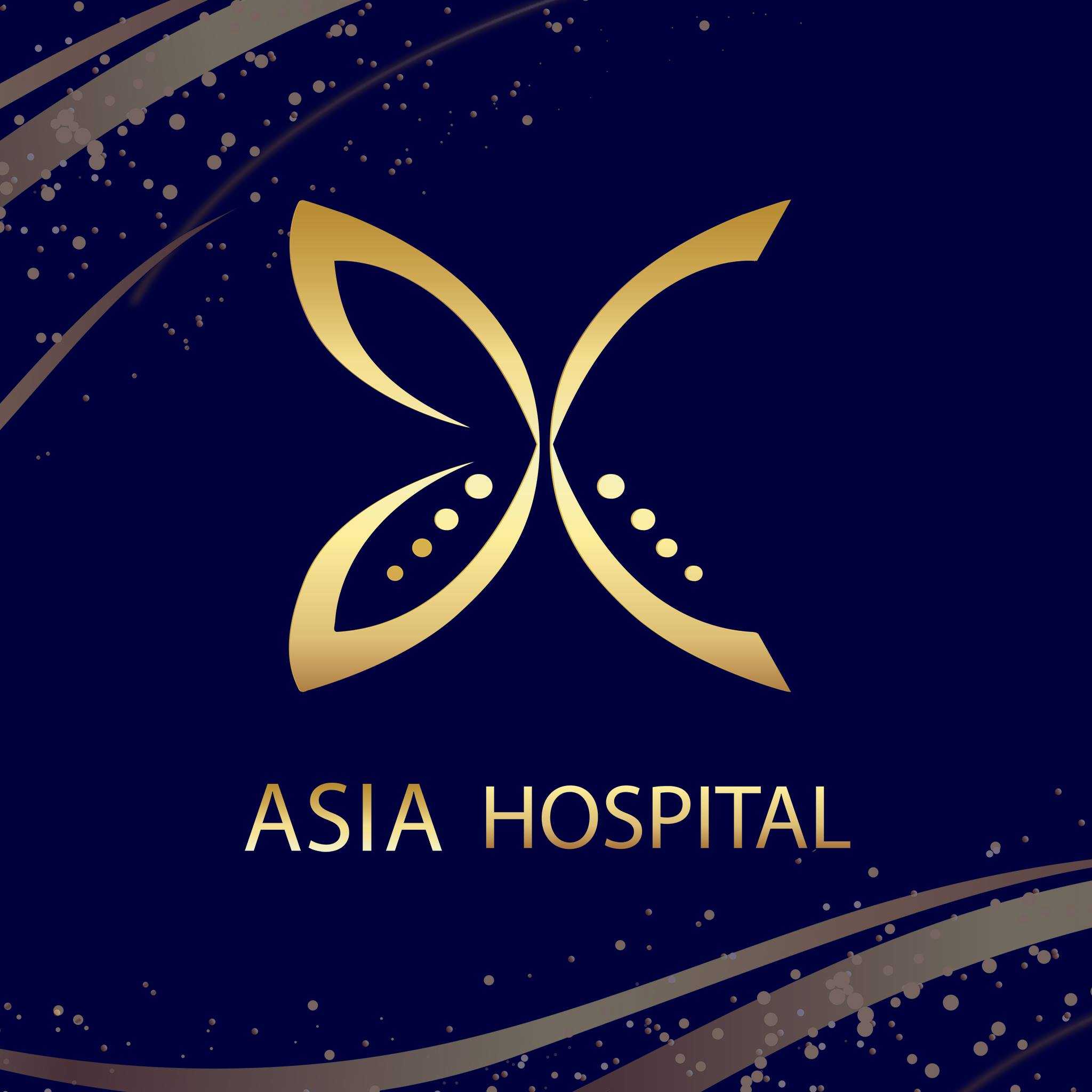


Share this listing